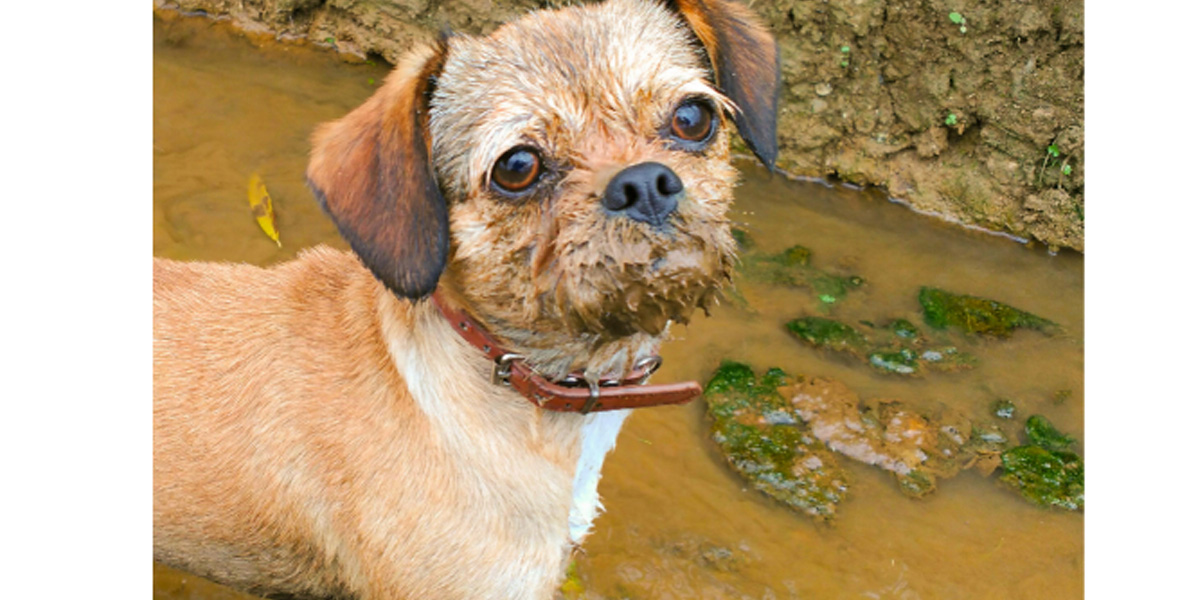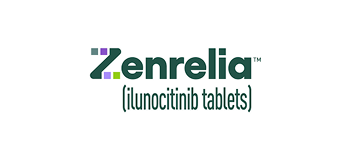
Does your dog snack on soil? Or munch on mud? As shocking as it is to find your dog eating dirt, it's not an uncommon habit in our canine friends. That said, it's certainly not a healthy or normal dietary preference. A dog that consistently seeks out non-food items has an eating disorder known as pica. It can have several possible causes, or no cause at all.
Is Something Missing From Your Dog's Diet?
Sometimes, the urge to eat dirt comes from cravings that stem from a vitamin or mineral deficiency in the diet. Your dog may experience unusual cravings as a result of not getting enough iron, b-vitamins or zinc, for example.
One reason your dog's diet may be insufficient is because you may not be feeding them enough. This is often true in cases of dogs who are put on a diet. Decreasing your dog's daily food rations may lower their caloric intake, but it will also lower their intake of essential vitamins and minerals.
If this is the case, you'll need to adjust your dog's weight loss plan. Instead of simply feeding them less of their normal food, try switching to a weight maintenance food like Blue Buffalo Healthy Weight.
Probiotics for Dogs
Indigestion can also drive your dog to eat dirt. A probiotic supplement like our Probiotic Chewys can provide the beneficial bacteria that your dog may have been seeking from the soil.
Talk to your vet about assessing your dog's diet for deficiencies, especially if changing their diet does not work.
What If My Dog Just Likes Eating Dirt?
Some dogs just can't help but eat everything. The soil in your garden might be tempting if you use manure, compost or some other pungent fertilizer. Or, there may be dead bugs or critters in the dirt that give off an interesting flavor.
It can be helpful to spray Fooey! Bitter Training Aid in your dog's favorite dirt patches to help deter them from the taste.
Or, you can work with a trainer or behaviorist to teach your dog "leave it" or to come back to you when you catch them eating dirt.
However, even the most well-mannered dog will likely eat dirt if given the opportunity. You may need to use fences or barriers to keep your dog out of your garden.
Can My Dog Get Sick From Eating Dirt?
Your dog could ingest fertilizers, pesticides or other lawn chemicals from eating dirt. Also, they can swallow parasitic eggs or larvae. Even if your dog is not showing symptoms, you should bring a stool sample to your vet for a fecal analysis. Your veterinarian can see if your dog has contracted a parasite such as roundworms or giardia.
If your dog eventually stops eating dirt, you should still take them once or twice a year for a veterinary checkup with a fecal test to keep their health in check. You can prevent your dog from contracting heartworms and other parasites with a once-monthly preventative like Interceptor Plus.












































